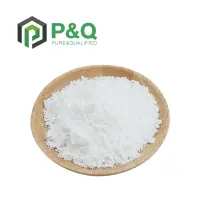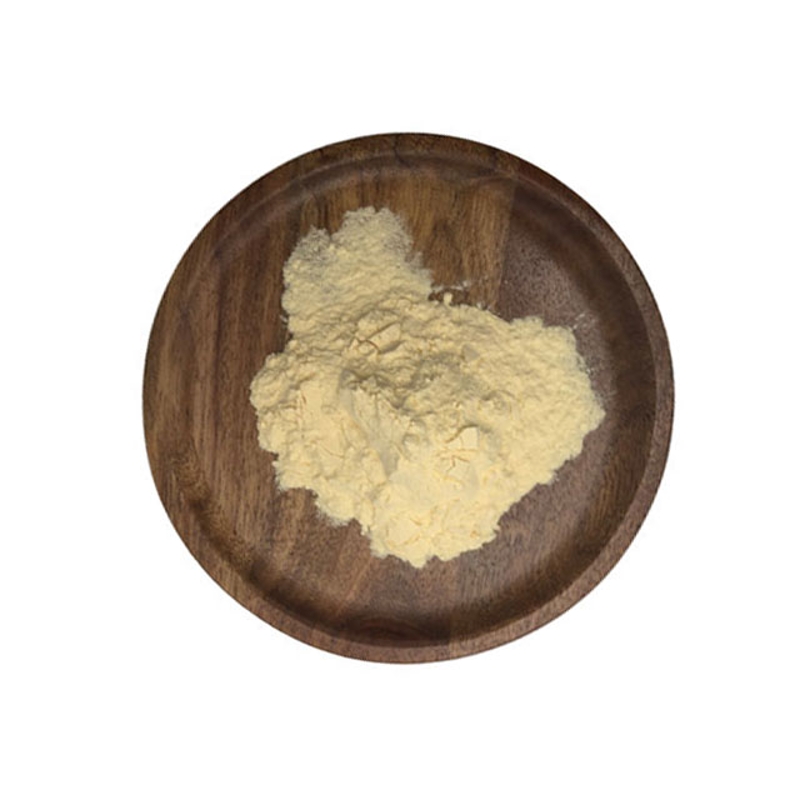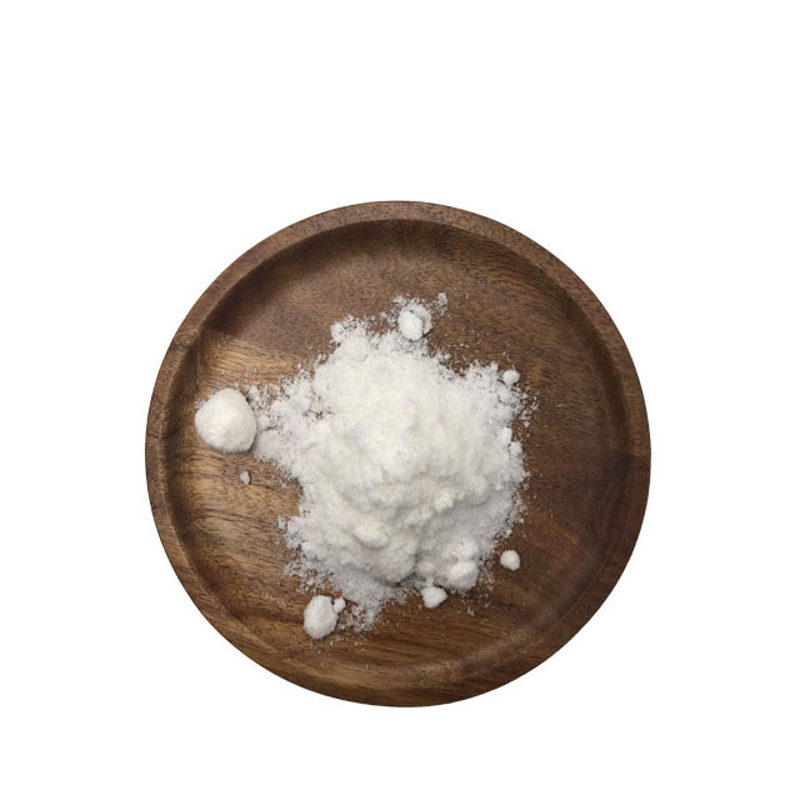PNAs: researchers reveal the key role of pressure sensing proteins in pulmonary edema
-
Last Update: 2019-06-14
-
Source: Internet
-
Author: User
Search more information of high quality chemicals, good prices and reliable suppliers, visit
www.echemi.com
June 14, 2019 / bioun / - researchers at the University of Illinois, Chicago (UIC) describe for the first time the role of a unique pressure-sensitive protein in pulmonary edema, a chronic disease in which high pulmonary vascular pressure causes fluid to enter the pulmonary alveoli from the blood The study, published in PNAS, suggests that inhibiting the activity of the protein may be a new way to treat pulmonary edema Source: http://cn.bing.com pulmonary edema has many causes, including heart failure Some types of heart failure - the long-term inability of the heart to pump blood effectively - can lead to increased pressure in the blood vessels of the lungs High pressure can lead to capillary pressure failure, the connection between the cells in the capillary wall becomes loose, and the liquid in the blood enters the air space of the lung Yulia Komarova, associate professor of UIC pharmacology, and asrar Malik, distinguished professor and director of pharmacology of Schweppe family of UIC Medical College, have been studying adhesion connection, a structure that combines cells that make up blood vessels Adhesive connections are like adjustable nuts and bolts that can be tightened or loosened to regulate the flow of fluid and blood cells into and out of the blood, such as immune cells flowing in the blood and reaching where they are needed Komarova and his colleagues wanted to know if a protein called piezo 1 was involved in the process of triggering relaxation of the connection when the lung's hydraulic pressure rose It exists in many cell types, including vascular endothelial cells, and can sense mechanical pressure The researchers designed a mouse that deleted piezo 1 from the endothelial cells of adult animals They then increased the pressure on the blood vessels in the lungs to simulate the effects of heart failure In mice with endothelial cell loss of piezo 1, there was little fluid entering the lungs, while in mice with piezo 1 protein, the lungs were filled with more fluid as blood pressure increased In another experiment, Komarova and his colleagues used a mouse model in which the adhesion of endothelial cells was artificially enhanced to keep the single endothelial cells of vascular cells tightly connected Even in the presence of piezo-1, no fluid was found to enter the lungs "Our experiments show that blocking the activity of piezo - 1 or strengthening the adhesion can prevent fluid from entering the lungs," Komarova said Small drug molecules that achieve these goals may represent new therapies for pulmonary edema caused by heart failure "Reference: Yulia Komarova et al Endotherial cell piezo1 mediates pressure induced lung vague hypercapability via disruption of adherens junctions PNAS 2019 doi: 10.1073/pnas.1902165116
This article is an English version of an article which is originally in the Chinese language on echemi.com and is provided for information purposes only.
This website makes no representation or warranty of any kind, either expressed or implied, as to the accuracy, completeness ownership or reliability of
the article or any translations thereof. If you have any concerns or complaints relating to the article, please send an email, providing a detailed
description of the concern or complaint, to
service@echemi.com. A staff member will contact you within 5 working days. Once verified, infringing content
will be removed immediately.







